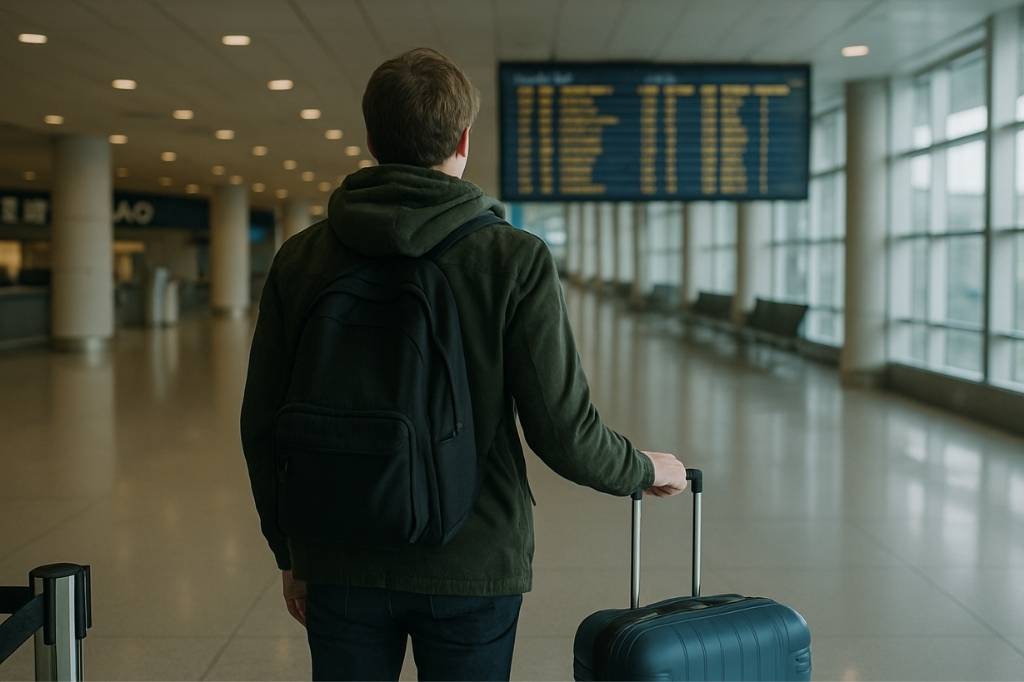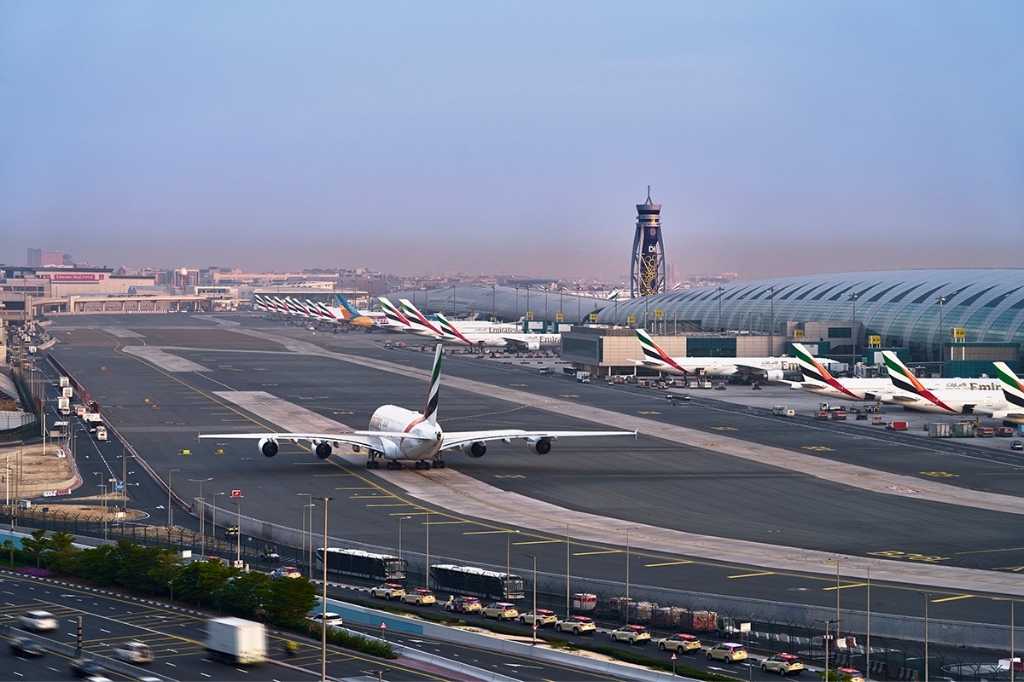The Arabian Travel Market (ATM), one of the leading global events enabling growth for the travel and tourism industry is set to take place from May 6th to 9th. The Arabian Travel Market is known as the gateway to global travel and tourism growth. Here, global travel and tourism visionaries unite to feel the future of travel and tourism.
For the 2024 edition of the ATM, the main theme is ‘Empowering Innovation – Transforming Travel Through Entrepreneurship. This means that participants will be exploring how innovative sustainable travel trends will evolve. Additionally, at the ATM, attendees can also identify strategies for growth within specific key vertical sectors. For over 20 years, ATM has connected products and destinations from around the world with buyers and travel trade visitors at the Dubai World Trade Centre.
This year’s edition of the ATM is set to be a record-breaking year with 41,000 attendees expected to arrive. Additionally, the Arabian Travel Market 2024 is also set to feature 2,300 exhibitors from 165 countries.
The transformative theme of ATM 2024 will complement our efforts to create new pathways to grow beyond traditional tourism, as we focus on leveraging the huge potential of entrepreneurship and further accelerating momentum acorss our tourism industry says HE Issam Kazim, CEO Dubai Corporation for Tourism and Commerce Marketing (DCTCM).
This year, the conference agenda will feature key industry speakers from around the world. Additionally, these speakers will also address the emerging trends that are fueling the travel and tourism sector’s growth.
Just like this year, the 2023 edition of the Arabian Travel Market was also exceptionally successful. In 2023 ATM featured 2,100 exhibitors from 150 countries. Additionally, the event was attended by 40,000 people from various professions from the global hospitality industry as well as other sectors. The theme was set as Working Towards Net Zero for the year 2023.








